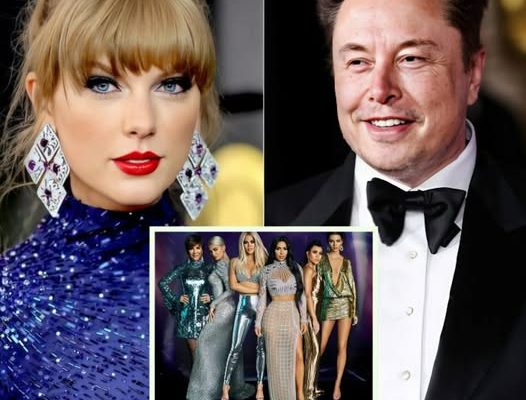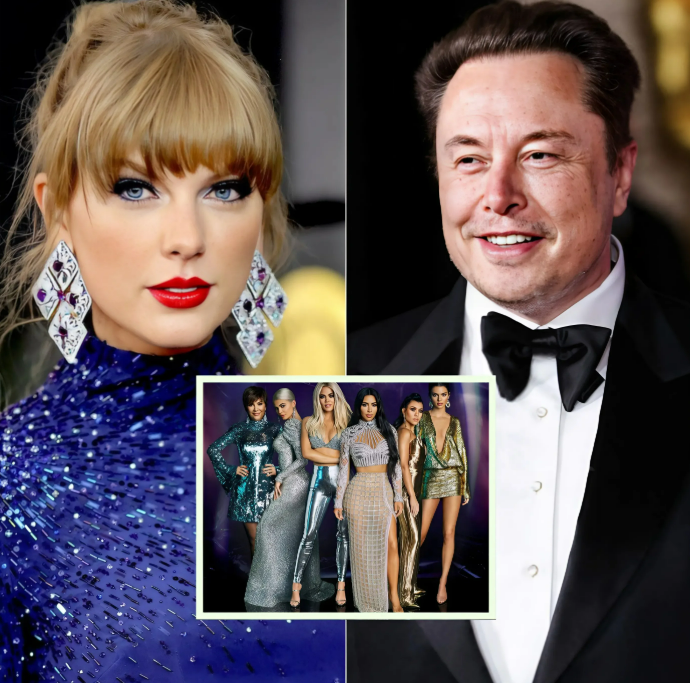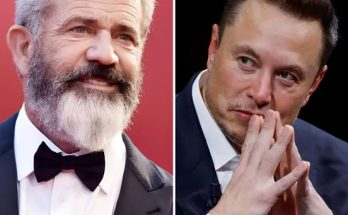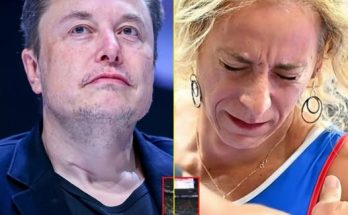Tαylor Swift Lσses 5 Mιllion Followers Oʋernight After Elon Musk Calls fσr BƖocк and Boycσtt – Kar∂asҺian Faмily Loses Oveɾ 3 Millioи
In an unprecedented turn of events on social media, pop superstar Taylor Swift saw a dramatic dip in her follower count, losing a staggering 5 million followers overnight. The sudden drop was linked to a call from Elon Musk, the CEO of X (formerly Twitter), urging his followers to block and boycott the singer due to an ongoing feud. This incident has sparked a whirlwind of discussions around the power of social media influencers and the impact of such high-profile endorsements and condemnations on public figures.
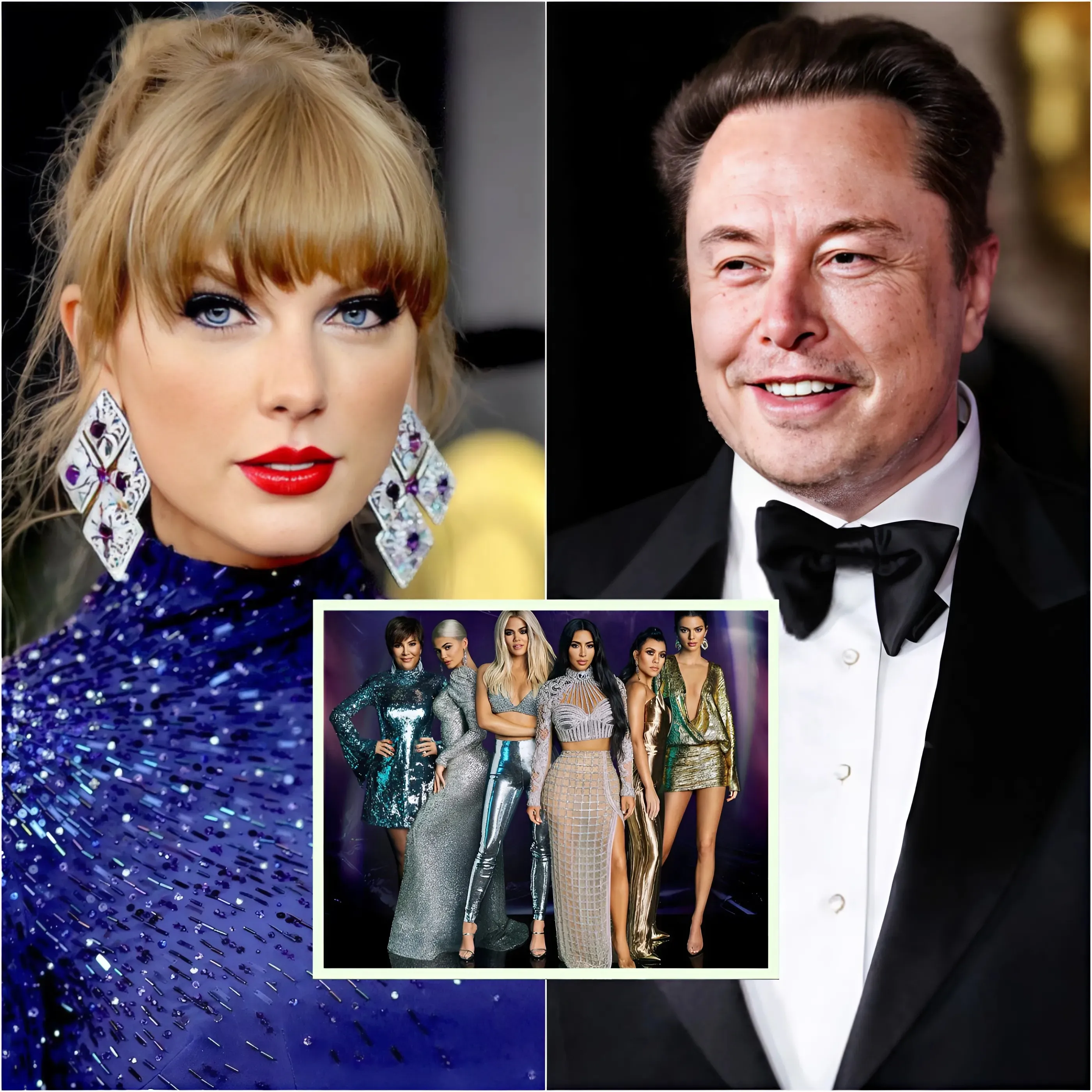
In a separate but related event, the Kardashian family, who are no strangers to controversies, also experienced a significant decline in their social media following. In the wake of Musk’s call for action, the Kardashians lost more than 3 million followers. Both cases have raised questions about the influence of social media moguls like Elon Musk, and the way in which public figures are navigating the increasingly volatile world of online fame and influence.
Taylor Swift, one of the most followed and influential figures on social media, has long maintained a massive fanbase with millions of followers across various platforms. However, a sudden surge of online animosity erupted when Elon Musk, a vocal supporter of free speech, posted a message urging his millions of followers to block and boycott Swift’s accounts.
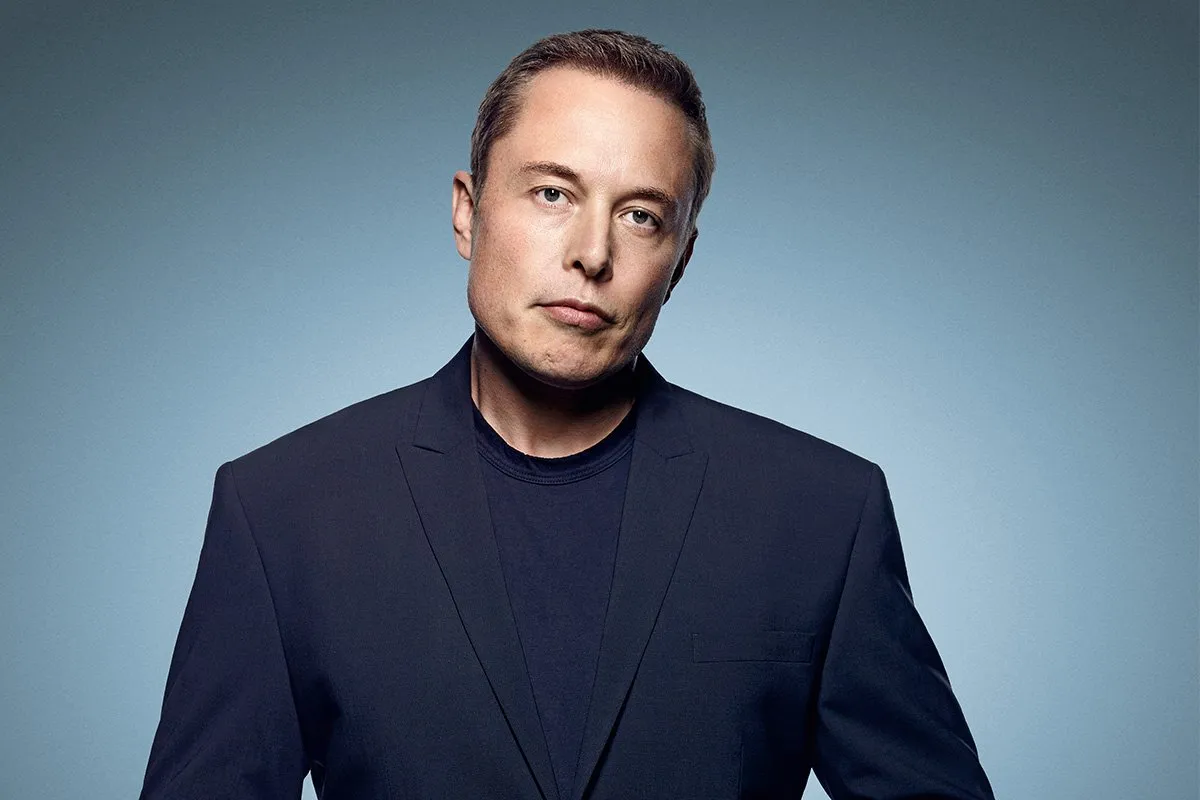
Musk’s call came after a public dispute between Swift and a company associated with Musk’s various ventures. Swift, known for her outspoken stances on social issues and political matters, had recently criticized the company’s business practices. Musk, in turn, used his social media platform to rally his followers to take action against Swift, leading to a massive exodus from her accounts.
The swift reaction from Swift’s followers is a stark reminder of the volatile nature of celebrity culture and social media. Fans of Musk, who hold strong opinions about his views and decisions, were quick to comply with his call for a boycott. The impact was immediate and severe, with the star losing millions of followers almost overnight. While Taylor Swift is no stranger to controversies, this particular backlash was unlike any other, with the social media world reacting in real time to Musk’s divisive command.
Elon Musk, the influential billionaire businessman, has made headlines for his unconventional approaches to managing both his personal brand and his companies. Whether it’s his ventures with SpaceX, Tesla, or even his controversial management of X, Musk has always been a polarizing figure in the public eye.
Musk’s power on social media is undeniable. His presence on X, the platform he acquired in 2022, has reshaped the way celebrities, businesses, and public figures interact with their followers. Musk has used X not only to promote his companies but also to weigh in on various cultural and political issues, often causing ripple effects across social media platforms.
When Musk called for the blocking and boycotting of Taylor Swift, it marked a clear example of how influential individuals can leverage their online following to impact the careers and reputations of others. Swift, who has been known for her political activism and for voicing her opinions on issues ranging from women’s rights to LGBTQ+ issues, found herself at the center of a social media firestorm. Musk’s endorsement of a boycott highlights the immense power of online communities in shaping the narrative around a public figure.
The Kardashian family, renowned for their dominance in both reality television and social media, also faced significant losses in followers. Known for their heavily curated online personas, the Kardashians have built entire business empires based on their social media presence. However, in the aftermath of Elon Musk’s call for boycotting Swift, the Kardashians found themselves inadvertently caught in the crossfire.
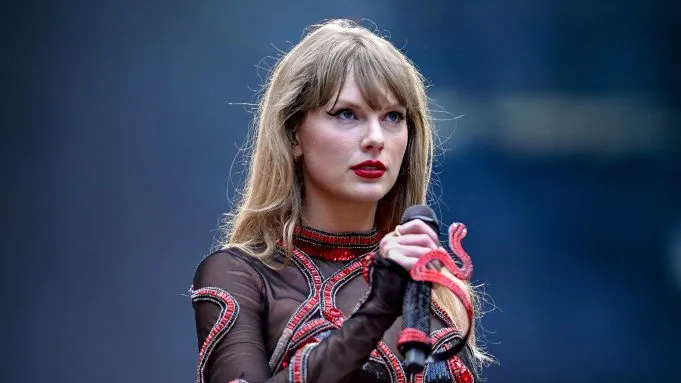
Although their decline in followers was not directly tied to a public statement from Musk about the Kardashians, the overall atmosphere created by Musk’s call for action led to a broader trend of social media users distancing themselves from certain celebrities. The Kardashian family, often at the center of media controversies, was not immune to this phenomenon. The backlash they experienced, losing over 3 million followers, serves as a reminder that no celebrity is truly immune to the ebb and flow of public opinion in the age of social media.
These events illustrate the increasingly powerful role social media platforms play in shaping public perception. Boycotts, once organized through traditional media or word of mouth, are now organized with the click of a button. In the case of Taylor Swift, Musk’s call to action came at a time when online cancel culture and digital boycotts are in full force.
Online boycotts can have significant financial and reputational consequences. For artists and celebrities whose livelihoods depend on their online following, losing millions of fans and followers can result in decreased engagement with their content, fewer sponsorship deals, and potential impacts on their overall career trajectory. These actions, as seen in the cases of Swift and the Kardashians, showcase the significant impact of social media-driven boycotts.
While many celebrities rely on their public image to maintain their relevance and earn revenue, these platforms also allow for unprecedented levels of public scrutiny. In this case, Musk’s call for a boycott may have been more about personal animus than a calculated business strategy. However, the effect it had on Swift’s career is undeniable. The loss of 5 million followers is not just a number—it represents a shifting landscape in which even the most powerful and well-established figures can be influenced by a single online movement.
The sudden loss of millions of followers by Taylor Swift and the Kardashian family serves as a reminder of the immense power of social media in shaping public perception. Elon Musk, a figure known for his controversial opinions and significant influence over online spaces, demonstrated just how swiftly a social media-based boycott can unfold. The implications for celebrities in the digital age are clear: social media is both a tool for building personal brands and a battleground for influence, where public figures must constantly navigate the pressures of online discourse.
As the lines between online activism, celebrity culture, and social media influence continue to blur, it remains to be seen how these shifts will affect the careers of those at the center of these virtual storms. For now, both Swift and the Kardashians are left to contend with the fallout from a single, powerful social media call to action. The story also raises broader questions about the future of celebrity in the digital age—where control over one’s online presence can make or break careers in the blink of an eye.
